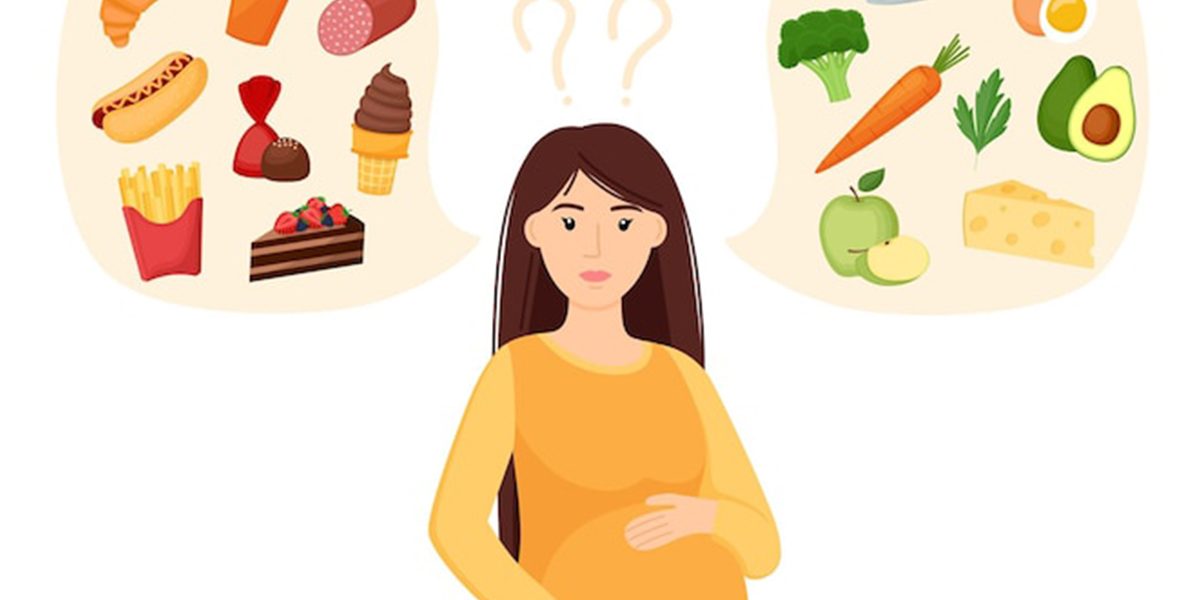At every stage of pregnancy, the body undergoes a lot of changes. Food cravings are common during pregnancy. Cravings can sometimes be very difficult to resist and are not always related to hunger. Instead, they are desires for particular foods. Let’s look further at when pregnancy food cravings start in this blog.
What are pregnancy food cravings?
Pregnancy cravings are desires to eat that go beyond basic hunger. Food cravings are usually nothing to be worried about unless you begin looking for things that aren’t foods. You might sometimes experience cravings for everyday items like chocolate cake or apples. On the other hand, you may feel the need to eat foods you usually dislike or unusual food combinations.
Ice cream, chocolate, other sweet meals, seafood, dairy items, and fruit are considered common food cravings.
What causes pregnancy food cravings?
The effect of pregnancy hormones, which can alter how some foods taste and smell, may cause food cravings and sudden food dislikes. Changes in your body’s dietary requirements, such as a shortage of some nutrients, could be another factor. For example, Iron deficiency can be linked to a need for pickles.
When pregnancy food cravings start
Cravings typically start in the first trimester, peak in the second, and then decline in the third for most women. Many women have one desire for one or two days, another for another one or two days, and so on.
What is food aversion?
The opposite of food cravings is food aversion. They are capable of producing some similarly unusual feelings. If you have a food aversion, you can’t eat certain foods that you used to like. During pregnancy, food cravings and aversions usually start at the same time. You could also link your food aversions to your morning sickness. After your baby is born, food aversions usually go away. Moreover, it is also possible for aversions to last forever.
Some tips for pregnancy food cravings
As long as you continue to eat a wide variety of healthful food, it is acceptable to give in to food cravings occasionally. You can control your desires for food with the help of the following guidance(foods to avoid in pregnancy):
- Eat regular, nutritious meals to help minimise sudden feelings of hunger.
- Keep healthy snacks in your pantry.
- Get enough of sleep since, according to a study, sleep-deprived people are more likely to crave unhealthy foods.
- Keep yourself active
- Be cautious that you hydrate yourself.
- Select nutritious foods with a low glycemic index (GI) to help you feel fuller for longer.
Non-food cravings
Some pregnant women experience cravings for non-food items like chalk, clay, laundry starch, or soap. Pica is the name of this condition. It may signify severe anaemia or mineral deficiency.
To conclude
Thus, pregnancy food cravings are quite normal, but at the same time, you should consume healthy foods for you and your baby. Further, try not to overeat if you strongly crave sugary or chocolate items (unhealthy foods). Despite your food cravings, pregnancy is a magnificent journey that you must follow with proper balance in your diet.








